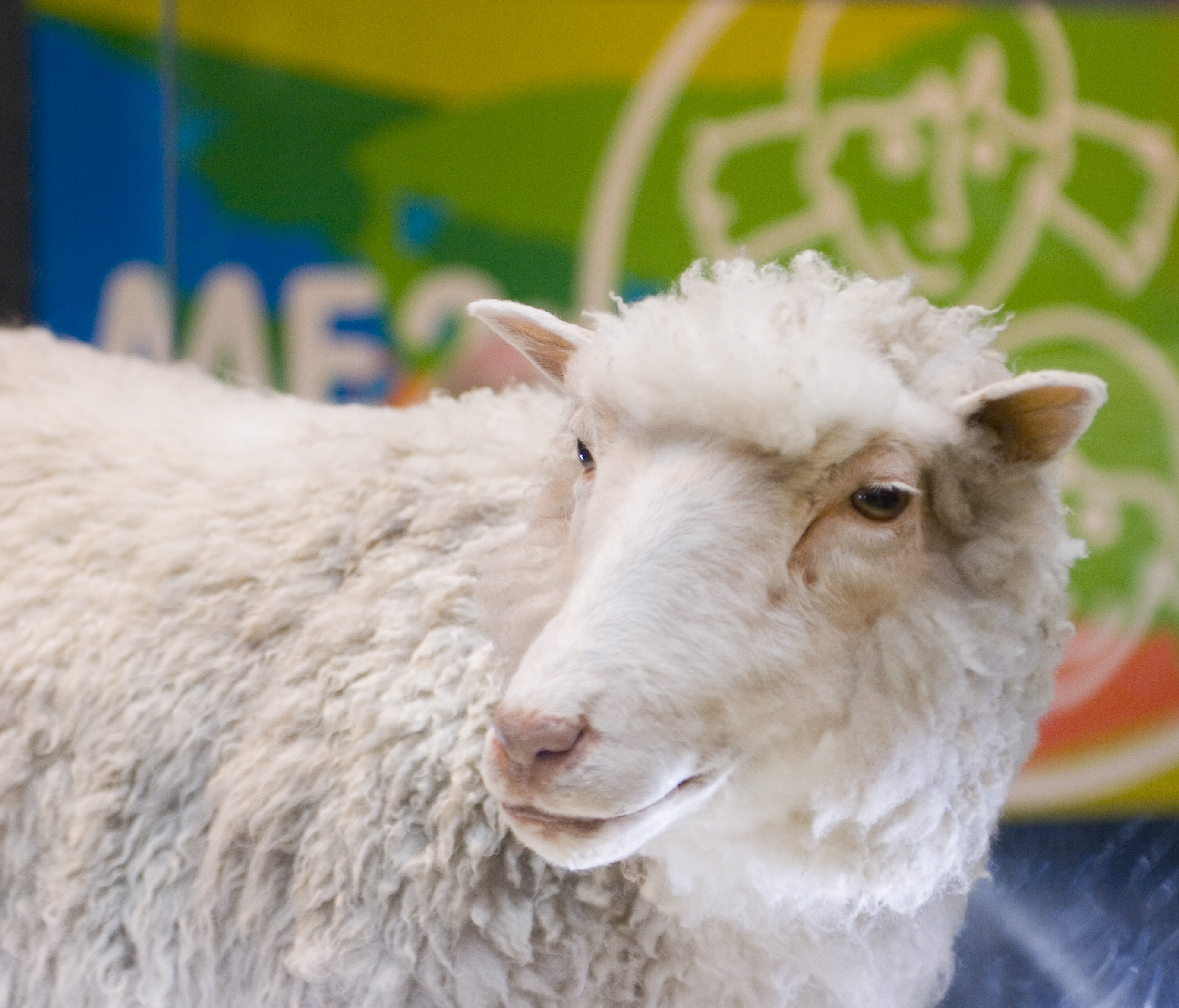Aggregated News

Ian Wilmut, the British scientist behind the first-ever cloning of a mammal, died Sept. 10, leaving behind a twofold legacy. One part is groundbreaking science. Creating Dolly required a combination of genome manipulation and reproductive tools that helped launch what is sometimes called “reprogenetics,” a basket of reproductive and genetic technologies that allow for greater control over human procreation and generated work that ranges from human-animal chimeras to the “de-extinction” of mammoths. By demonstrating that differentiated adult cells could be forced by the right chemical signals to become pluripotent stem cells, Wilmut’s work also provided the basis for Shinya Yamanaka’s Nobel Prize-winning work.
Besides being groundbreaking science, Dolly was morally ground-shifting. Perhaps more than any other biotech advance, Dolly symbolized growing human power over nature. But the Dolly project was deeply troubling to most observers. Kept a close secret by the Roslin Institute and initially disclosed in a media leak in 1997, about eight months after her birth, Dolly caught everyone by surprise. At the same time, genetically modified crops were being rolled out quickly and...



